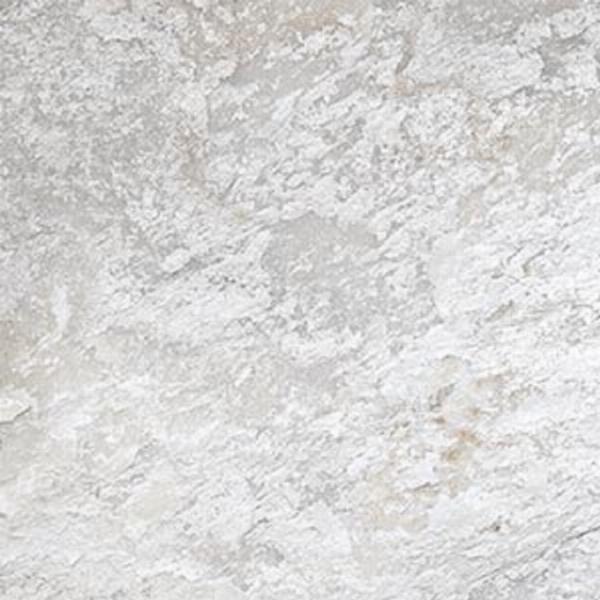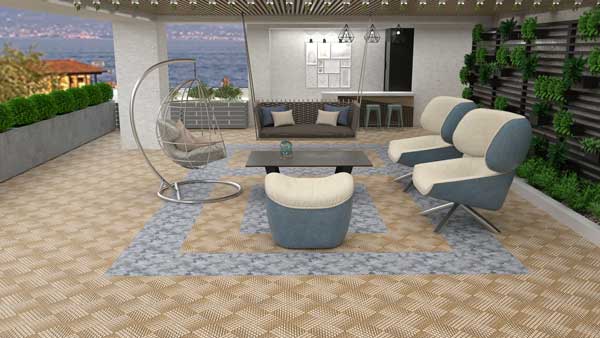 Conversion-Focused Landing Pages – More Leads, Less Bounce!
Conversion-Focused Landing Pages – More Leads, Less Bounce!
The Impact of Designer Tiles on Commercial Spaces
Written by Johnson Endura » Updated on: June 17th, 2025

Designer tiles have become a transformative element in commercial spaces, offering a blend of aesthetics, functionality, and durability. Their versatility and the array of styles available make them a popular choice for businesses seeking to create a unique and professional environment. This blog explores the significant impact of designer tiles on various commercial spaces, highlighting their benefits and the considerations for choosing the right tiles for specific settings.
Aesthetic Appeal and Brand Identity
One of the primary reasons businesses invest in designer tiles is their ability to enhance the aesthetic appeal of a space. First impressions matter, and the visual impact of a well-designed interior can influence customers' perceptions and experiences. Designer tiles offer a wide range of patterns, colors, and textures, allowing businesses to create an ambiance that aligns with their brand identity.
For example, a luxury hotel might choose marble or high-gloss porcelain tiles to convey elegance and sophistication, while a trendy café might opt for colorful mosaic tiles to create a vibrant and inviting atmosphere. By carefully selecting tiles that reflect the brand’s personality, businesses can create a cohesive and memorable environment that resonates with their target audience.
Durability and Maintenance
Commercial spaces experience high foot traffic, making durability a crucial factor in material selection. Designer tiles, particularly those made from porcelain or natural stone, are known for their resilience and longevity. These materials are resistant to scratches, stains, and wear, ensuring that the space maintains its pristine appearance over time.
Additionally, tiles are relatively easy to clean and maintain, a critical consideration for businesses aiming to uphold high standards of hygiene and cleanliness. Regular sweeping and mopping are typically sufficient to keep tiled surfaces looking new, making them an ideal choice for restaurants, retail stores, and healthcare facilities.
Functional Benefits
Beyond aesthetics, designer tiles offer several functional benefits that contribute to the overall efficiency and safety of commercial spaces. One notable advantage is their slip resistance. Tiles with a textured surface or matte finish provide better traction, reducing the risk of slips and falls—a key concern in areas prone to spills or moisture, such as kitchens, bathrooms, and entryways.
Moreover, tiles are excellent for temperature regulation. In warm climates, they help keep interiors cool, providing a comfortable environment for both employees and customers. Conversely, in cooler climates, tiles with underfloor heating can create a warm and inviting space, enhancing the overall experience for visitors.
Versatility in Design
Designer tiles are incredibly versatile, allowing for endless creative possibilities. Businesses can use tiles to create distinctive focal points, such as feature walls or intricate floor patterns, adding depth and character to a space. For instance, a boutique might use a combination of patterned tiles and solid colors to create a unique and eye-catching display area, drawing customers' attention to key products.
Tiles can also be used to delineate different functional areas within an open-plan space. In an office setting, different tile designs can visually separate workstations from communal areas or meeting rooms, contributing to a well-organized and efficient layout.
Cost-Effectiveness
While the initial investment in designer tiles may be higher compared to other flooring options, their long-term benefits often justify the cost. The durability and low maintenance requirements of tiles mean that businesses can save on repair and replacement expenses over time. Additionally, tiles can enhance the overall value of a commercial property, making them a wise investment for property owners and managers.
Case Studies
Several notable examples illustrate the impact of designer tiles in commercial spaces:
• Retail Stores: High-end retail brands like Gucci and Louis Vuitton use designer tiles to create luxurious and visually stunning interiors that reflect their brand’s exclusivity. The use of intricate patterns and premium materials helps elevate the shopping experience, making customers feel special and valued.
• Restaurants: Trendy eateries often use designer tiles to craft unique dining environments. For instance, a Mediterranean restaurant might use colorful ceramic tiles with intricate patterns to evoke the region’s vibrant culture, enhancing the overall dining experience.
• Hotels: Luxury hotels utilize designer tiles to create a sense of opulence and sophistication. From grand lobbies with marble flooring to stylish bathrooms with mosaic tile walls, these establishments use tiles to convey a high standard of quality and comfort.
By understanding the myriad benefits of designer tiles and selecting the right options for their specific needs, businesses can enhance their spaces, attract more customers, and ultimately achieve greater success.
Note: IndiBlogHub features both user-submitted and editorial content. We do not verify third-party contributions. Read our Disclaimer and Privacy Policyfor details.
Copyright © 2019-2025 IndiBlogHub.com. All rights reserved. Hosted on DigitalOcean for fast, reliable performance.












